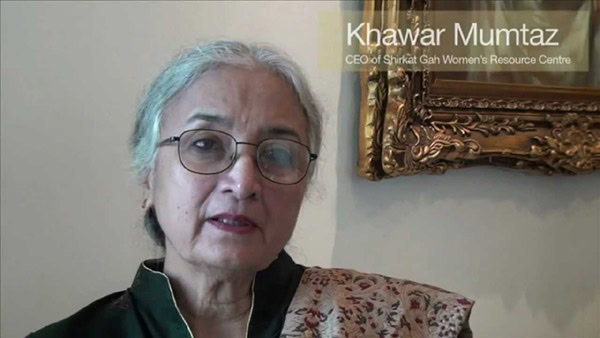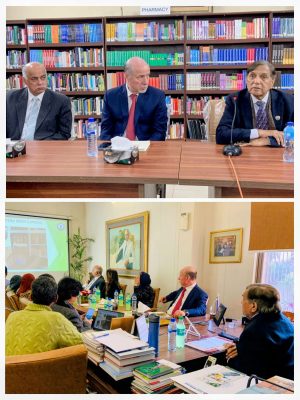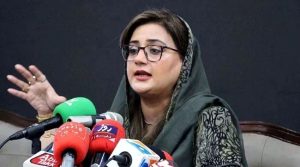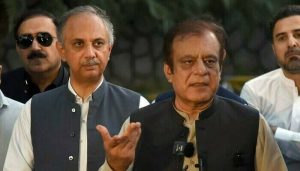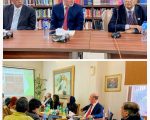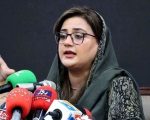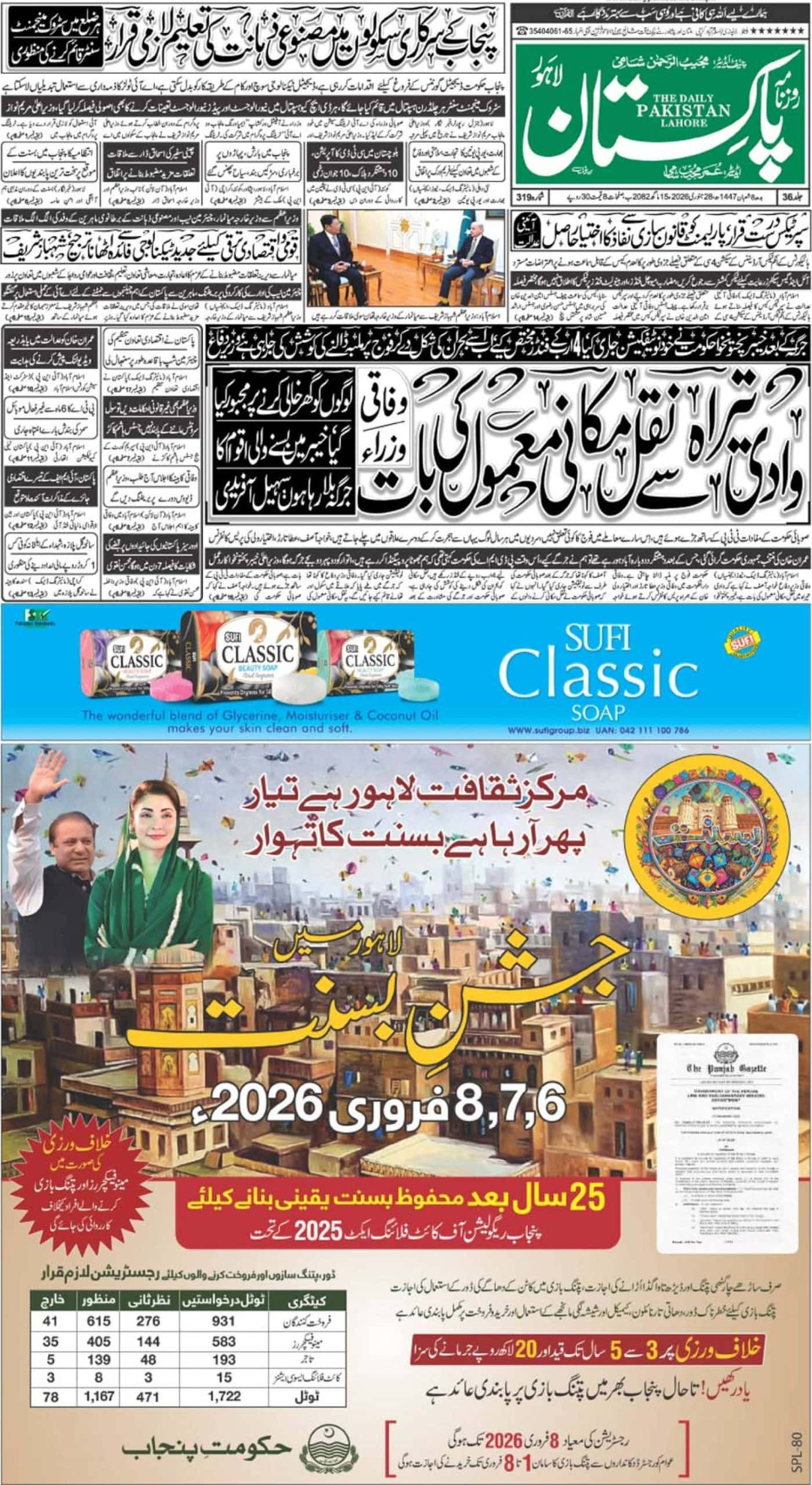UNITED NATIONS – Pakistan has told the United Nations that gender equality and women development is part of the country’s long-term national planning framework, known as Vision 2025.
“The Government of Pakistan is committed to alleviate and improve the situation of Pakistani women,” Khawar Mumtaz, Chairperson of the National Commission of Women and leader of Pakistani delegation, told the 61st session of the Commission on the Status of Women (CSW) at UN Headquarters in New York on Wednesday.
Pakistan’s Constitution, she said, guaranteed equal rights for all its citizens without discrimination and ensures full participation of women in all spheres of national life.
“Through their dedication and hard work, our women continue to dismantle conventional stereotypes,” Ms Mumtaz told delegates from around the world. “Prime Minister, Speakers, Ambassadors and Federal Secretaries have performed outstandingly when given the opportunity.”
Ms Mumtaz told the panel that Pakistan has 20% women in Parliament and up to 33% in local government, with the Election Commission working to promote greater women turn-out in the elections.
“Yet, like any other society, while Pakistani women have accomplished a lot, a lot more still needs to be done,” the chief Pakistani delegate said.
Pointing out that Pakistan was a signatory to seven core UN human rights conventions, and is committed to the Sustainable Development Goals (SDGs), Ms Mumtaz said that Government’s National Sustainable Development Strategy, National Education Policy, Climate Change Policy, Disaster Risk Management Policy included a gender perspective.
Among the government’s steps to reduce what she called “feminization of poverty” and ensure equality were:— Fostering greater female participation in the workforce, through no- traditional skill development programmes and provision of financial resources. Besides the Prime Minister’s Youth Business Loan with 50% quota for young female entrepreneurs, there were now over 50 institutions providing credit and microcredit facility to women across the country.
Expanding the social safety net to women, the Benazir Income Support Programme (BISP) being the largest programme. BISP has disbursed monthly stipends to the tune of 40 billion rupees to approximately 5 million women of which 76% beneficiaries retain control over the cash disbursed.
Other legislation at the federal and provincial levels concerned protection against harassment of women at workplace, ‘honour killings’, acid and burn crimes, rape, domestic violence and very importantly the Hindu Marriage law giving inheritance and identity rights to women of the minority community of the country.
Some other institutional measures were underway for the inclusion of women with disabilities and trans-genders in the policy net, and setting up monitoring systems with emphasis on sex-disaggregated data collection through cutting edge IT technology. Commissions on the status of Women, Human Rights were already in place, and Minority and Child Rights Commissions were in process.
In conclusion, Ms Mumtaz said that Pakistan, a founding member of UN Human Rights Council, was a candidate for a seat on the Geneva-based body for the term 2018-2020. “We are confident that the international community will once again repose their trust in Pakistan, by electing us to the Council.”

